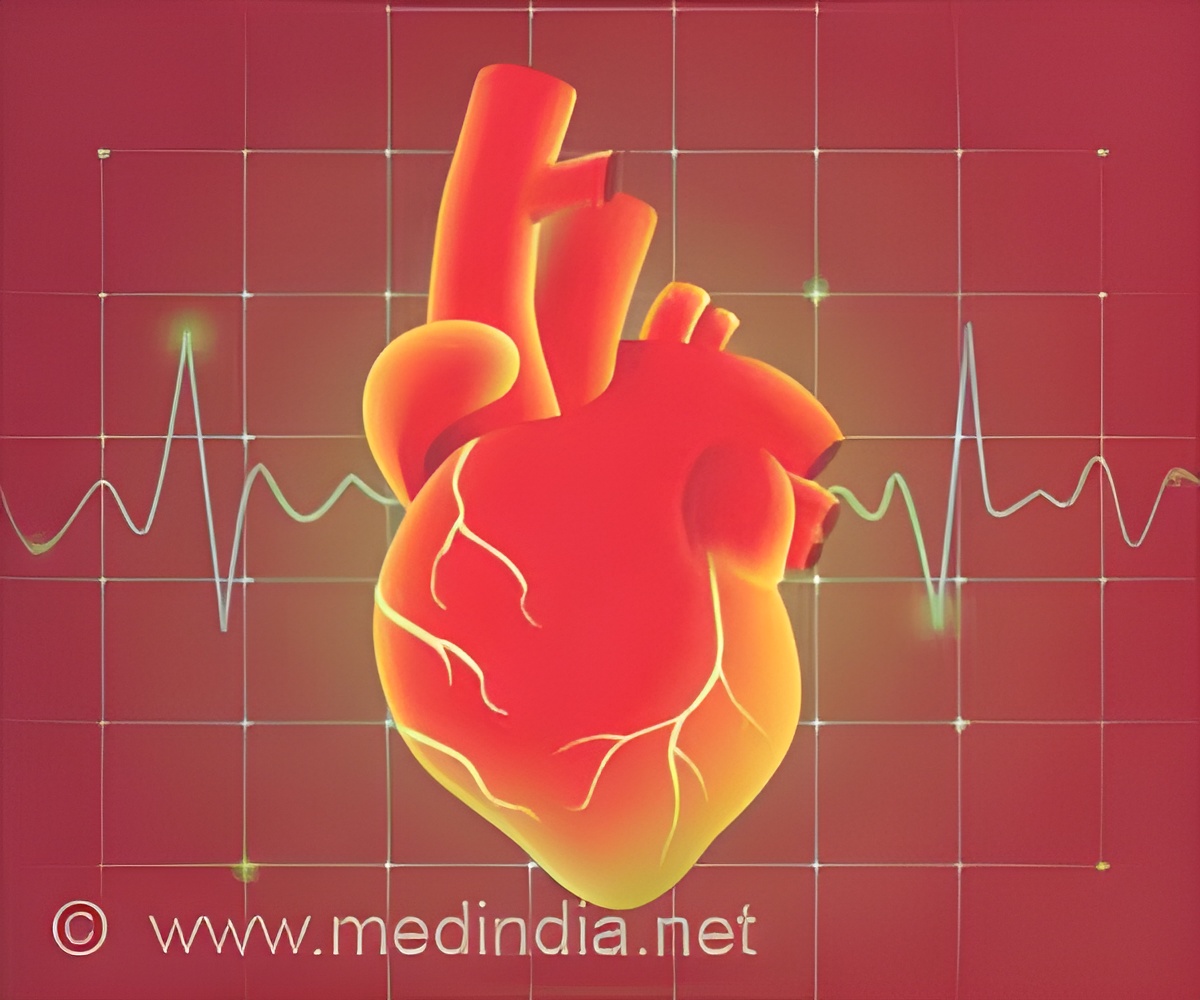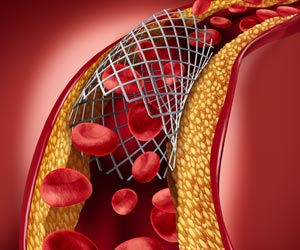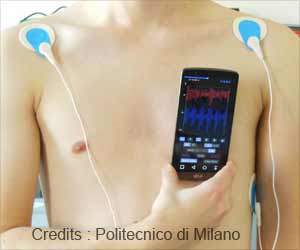Indian Institute of Technology Hyderabad (IIT-H) has developed a low-power device that can monitor electrocardiogram (ECG) data in real time.

‘Indian Institute of Technology Hyderabad (IIT-H) has developed a low-power device that can monitor electrocardiogram (ECG) data in real time.’
Read More..




CVD tops the list of public health concerns compared to other diseases and has almost become the primary cause of human deaths, as per a survey of the World Health Organization (WHO). Read More..
The main causes include changing trends in lifestyle, unhealthy eating habits, tobacco usage, low fruit, and vegetable intake and lack of physical activity and a lot of stress.
These factors necessitate developing a personalized CVD monitoring device powered by battery backup and with a very low form factor to achieve unobtrusiveness that works under the emerging cyber-physical system setup.
"CVD is one of the deadliest diseases, and irrespective of the economy of the country, people are getting affected by it. It is manifested in different forms necessitating the early diagnosis, therapy, and prognosis. Hence the proposed work on the classification is going to be of immense help for the society," said Amit Acharyya, Associate Professor, Department of Electrical Engineering, IIT Hyderabad.
In addition, they also worked on developing different classification techniques and integrating them to make a generic algorithm.
Advertisement
Thus the whole system can cover various ECG abnormalities and finally come up with the prototype board, which looks similar to as a smartphone at the patient end.
Advertisement
This medical science and technological needs impose many challenges on such device development, such as low power consuming system design trade-off between the on-board processing and RF (Radio Frequency) communication, low complexity analog front-end circuit design, and energy harvesting or self-power mechanism to prolong battery life.
With the present advancement in technology, there is a great scope for developing robust medical ECG devices in analyzing the ECG signals and classify the patient's condition.
This method will predict the departure from the healthy condition to an unhealthy condition corresponding to the CVDs.
Source-IANS














